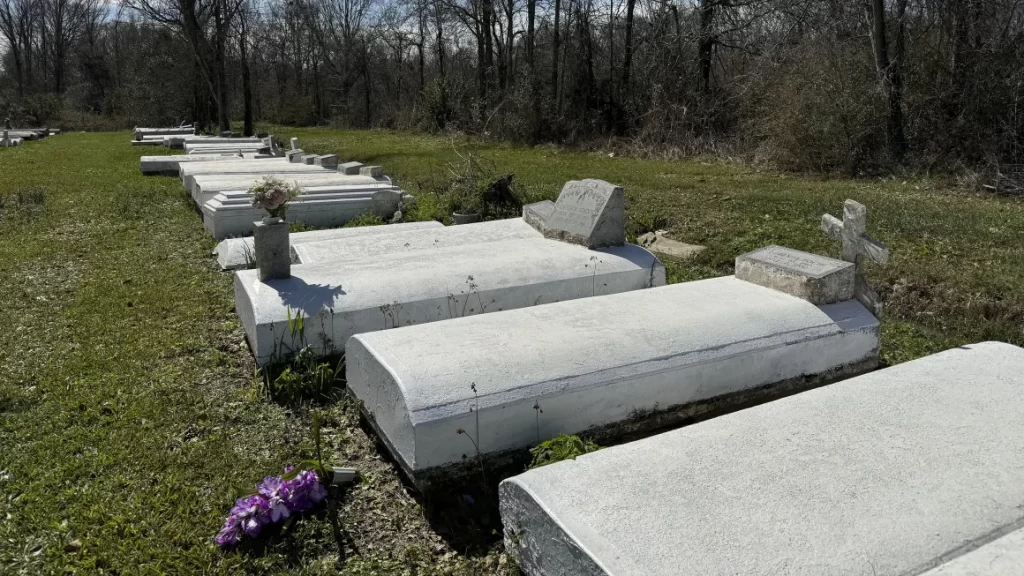A historic Louisiana landscape, featuring centuries-old sugar cane plantations and Afro-Creole culture along the Mississippi River, has lost its eligibility for federal protection as a National Historic Landmark. The decision reverses a multi-year review by the National Park Service.
State officials requested the withdrawal of the 11-mile Great River Road stretch, citing economic development priorities. Community organizations, however, decry the move as undermining efforts to preserve the area’s rich cultural heritage, particularly the legacies of free African American communities.
The region, located in Louisiana’s heavily industrialized Chemical Corridor, has been a battleground between grassroots groups opposing industrial expansion and officials prioritizing economic growth. The area is also highly vulnerable to climate injustice, according to the Environmental Defense Fund.
Ashley Rogers, director of the Whitney Plantation, attributes the decision to the “changing priorities” of the Trump administration, labeling it a blow to “a culture under attack.”
A National Park Service study, completed in October, highlighted the region’s “exceptional integrity,” conveying the plantation system’s atmosphere. The area features well-preserved plantation buildings, used in films like “Django Unchained,” and a rich history of enslaved people, with their burial sites and descendants still present.
The study deemed the area eligible for National Historic Landmark status, akin to sites like Mount Vernon and Monticello. However, the National Park Service reversed this decision, citing a now-canceled grain terminal project and a request from the state’s Department of Environmental Quality, which supports industrial expansion.
Department head Aurelia S. Giacometto framed the decision as freeing the region from federal oversight and enabling development. Governor Jeff Landry emphasized job creation and economic growth.
Local organizations, like The Descendants Project, argue for economic development through historical preservation. Joy Banner, co-founder, played a key role in halting a grain terminal project.
Despite the reversal, the Army Corps of Engineers stated that future industrial development must consider historical and cultural impacts.
In Willow Grove, Isabella Poche, 76, maintains a historic cemetery, reflecting the community’s enduring traditions. She hopes the area, including a nearby plantation home, will be protected.
“I don’t want to move anywhere else,” Poche said. “I’ve been here all my life.”



